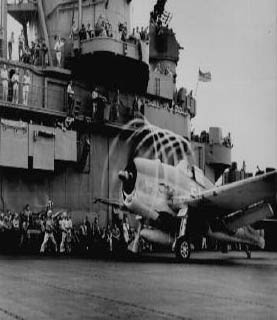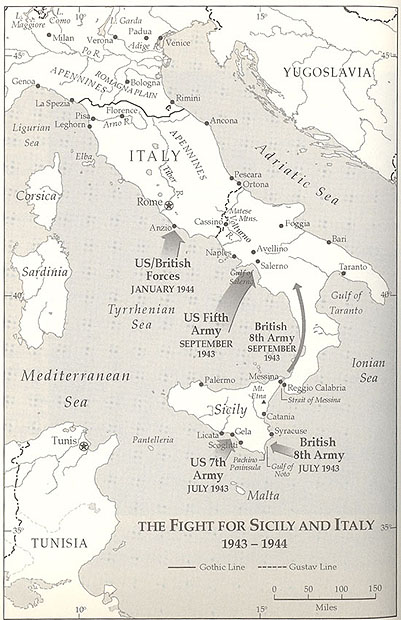Moral Power
In war moral power is to physical as three parts out of four (Napoleon).213
Mao Tse-Tung was a founding member and leader of the Chinese Communist Party from 1921 until his death in 1976. During World War II he interrupted a bitter civil war against the ruling Chinese government to fight their common and external enemy, the Japanese. He ultimately resumed the civil war and established the Communist People’s Republic of China in 1949. Mao was not only a politician and soldier, but a philosopher as well. More than 900 million copies of his Little Red Book were printed as required reading for every citizen of China. Concerning what is important in war, he wrote:
Weapons are an important factor in war, but not the decisive factor; it is people not things, that are decisive. The contest of strength is not only a contest of military and economic power, but also a contest of human power and morale. Military and economic power is necessarily wielded by the people.214
Mao Tse-Tung focused on simple principles. He was a great revolutionary leader because he devoted himself to educating and motivating his followers. He knew that great achievements spring from great ideas, not things.
This principle is important in our own lives and, I believe, especially applicable to children. My wife, Lani, made sure our children were never “spoiled” with possessions. She concluded early in our marriage that our kids’ experiences and education were more important than things. As late-coming Christians, we came to realize the even greater importance of experiences contributing to spiritual growth. With children, as in all else, we need to keep our priorities straight. There is no possession that equals the importance of one life or the status of that life in the eternal future.
Wisdom is supreme; therefore get wisdom. Though it cost all you have, get understanding.
—Proverbs 4:7

A Navy F6F fighter preparing to launch. (National Archives)
